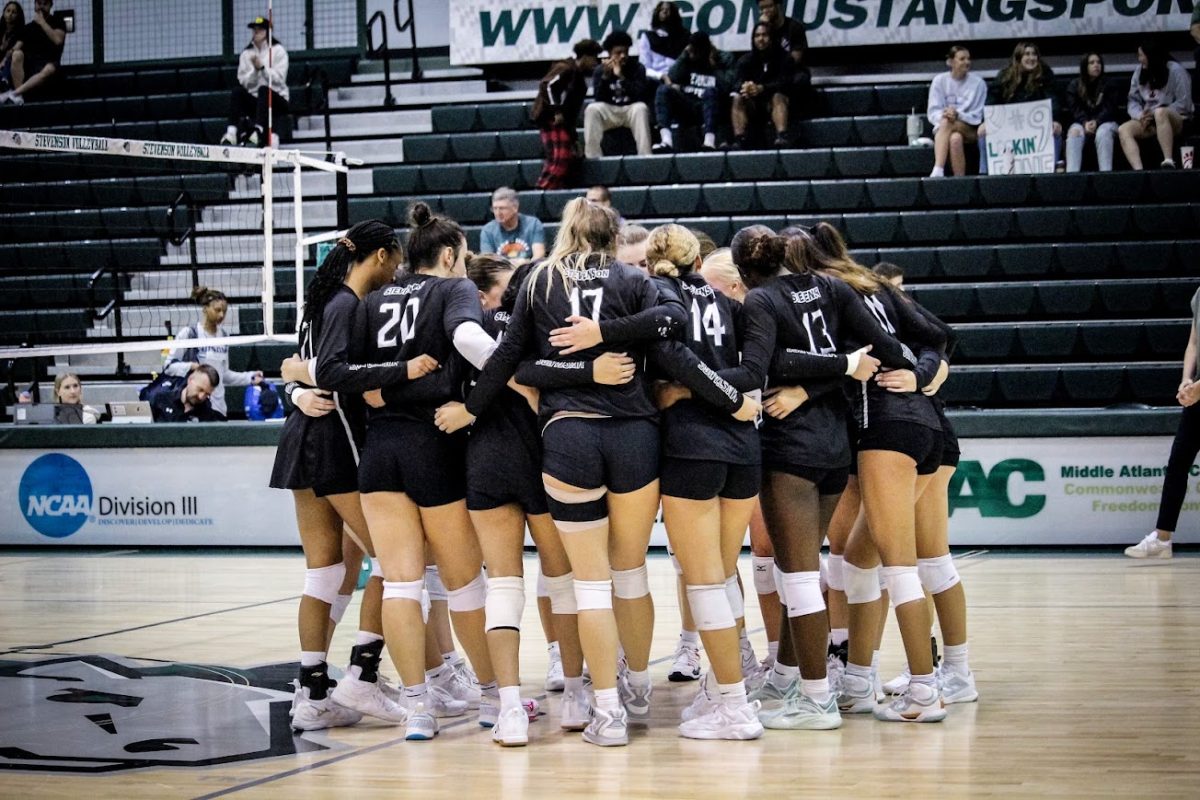
Recent female college graduates are increasingly returning to live with their parents after graduating, and the levels of student accumulated debt are increasing, according to CNN. Starting a family may not be at the top of the priority list if students are focusing on their careers. As a result, women who are considering pregnancy later in life should freeze their eggs until the time comes when they are ready to conceive.
REPRODUCTIVE CHOICES
Statistics have shown that between 2005 and 2011, the average age for women considering egg-freezing had dropped from 39 to 37, according to Reproductive Medicine Associates of New York. Women are freezing their eggs at a younger age while working on their careers, because they still want a parenthood option.
Using younger eggs mitigates the risk of birth defects. As a woman gets older, more and more of her eggs have either too few or too many chromosomes. By the mid-to-late 30s, women will experience aneuploidy, where there is a change in egg quality. Aneuploidy may be the cause of lowered chance of pregnancy and higher chance of miscarriages in older women, according to the American Society for Reproductive Microsurgery (ASRM).
Being able to decide when to have a child will give women the ability to take control of their lives. No more worrying about the fertility clock, relationship statuses or taking time away from work. Most women who went through the procedure describe it as empowering. Freezing their eggs created a safety net that gave them an opportunity to focus on other obstacles in their life and still be able to have a child when it’s the right time, according to journalist and author Sarah Richards.
EGG DONATION
Furthermore, along with the benefits of egg freezing, there is another technology that people don’t know about: egg donation, which often involves the use of eggs by a woman who has similar physical features and is similar in age and social economic status to the donor. The high success rate with egg donation confirms that egg quality associated with age is the primary barrier to pregnancy in older women, according to the ASRM. This procedure offers a woman the opportunity to experience pregnancy, birth and motherhood.
Many young women are either still paying off debt, living at home, or establishing themselves in their careers. Any of these scenarios may hinder the dedication needed to raise a child. If women weren’t able to freeze their eggs, the reproduction rate would decrease and the amount of stress that’s placed on a woman to find a man and settle down would increase. The rates of divorce may increase as well; not taking time to be certain of wanting to settle down with someone due to the fertility clock is a major issue. In light of these facts, it is important that women are able to decide when it’s the time to have a child, and if they decide to wait, freezing their eggs will be the best alternative.































































